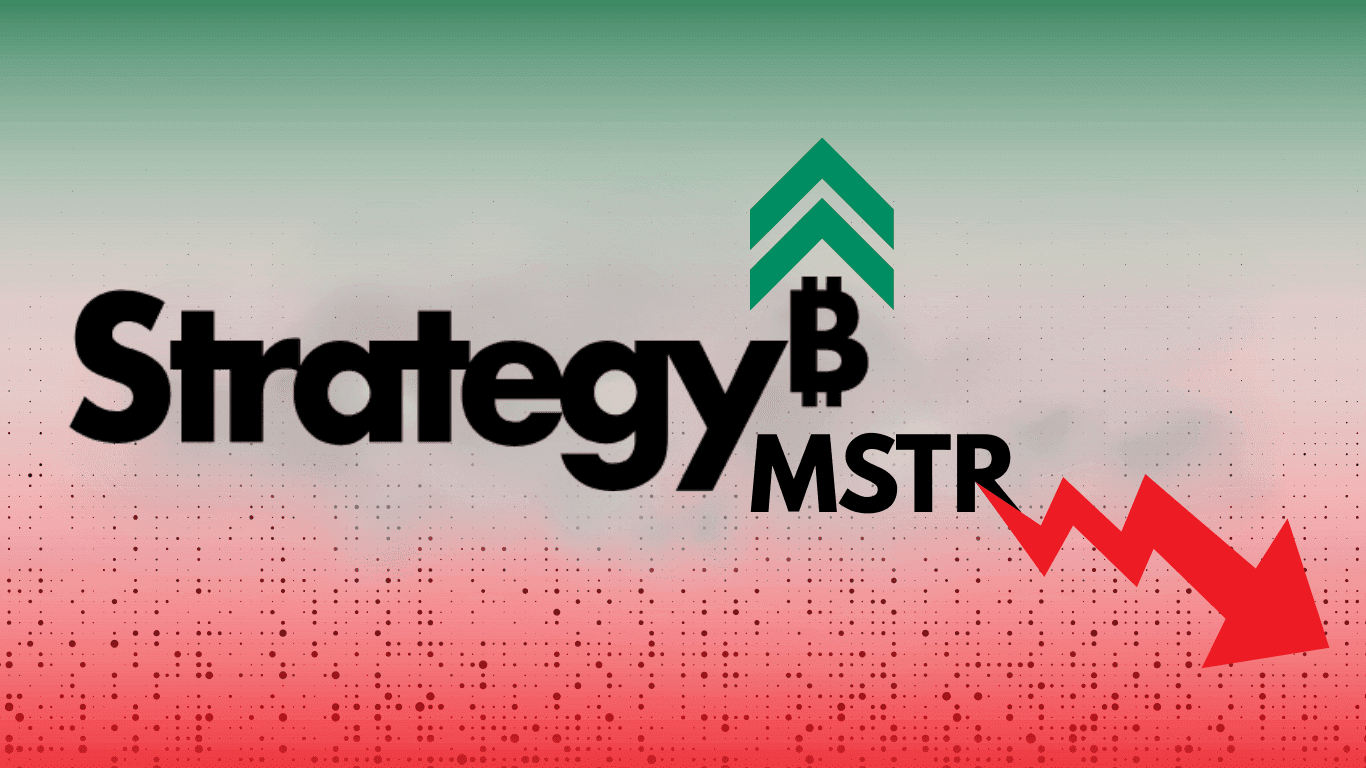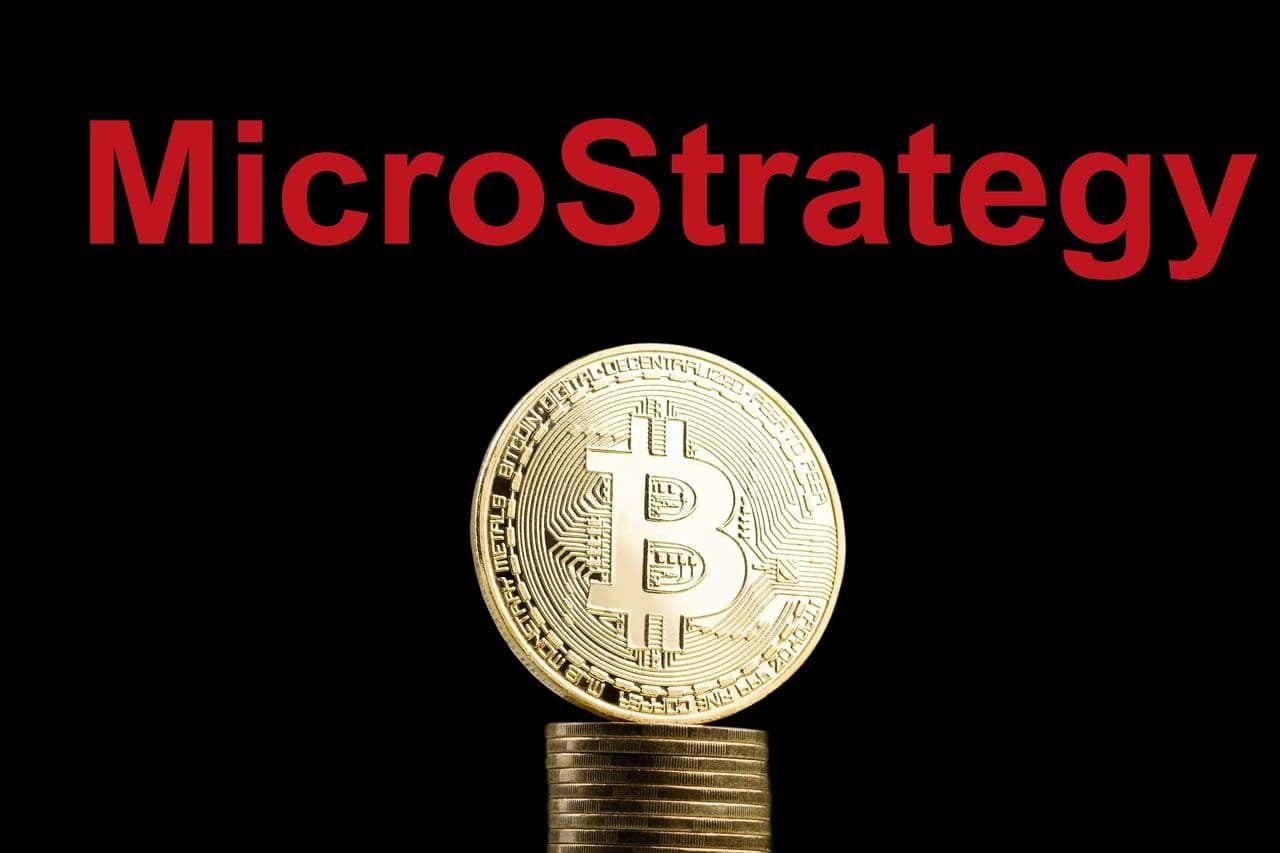Germany Nears End of Bitcoin Sales, Now Holds Under 5K Tokens
Germany is almost done selling its Bitcoin holdings and now has less than 5,000 tokens left. Find out what this means for the market and why it's happening.

Germany is almost done selling its Bitcoin holdings and now has less than 5,000 tokens left. Find out what this means for the market and why it's happening.
Germany Nears End of Bitcoin Sales, Now Holds Under 5K Tokens
The German state of Saxony is swiftly running out of Bitcoin (BTC) after offloading another batch of confiscated assets on Thursday.
Data from Arkham Intelligence reveals that Bitcoin wallets linked to German authorities transferred 10,567 BTC—worth over $600 million—to crypto exchanges such as Bitstamp, Coinbase, and Kraken, along with service providers like Flow Traders and Cumberland DRW.
Post-transaction, these wallets now hold just 4,925 BTC, valued at $285 million, as reported. This is a sharp drop from the initial 50,000 BTC, worth nearly $3 billion, that they started selling three weeks ago.
If this selling pace continues, Germany could exhaust its Bitcoin reserves by Friday or early next week, having already sold approximately 35,000 BTC this week.
The tally could fluctuate later due to the wallet's practice of occasionally receiving back a portion of the transferred assets, sometimes amounting to around $10 million, from exchanges and brokers before the day concludes.
As Germany's $3 billion Bitcoin selling spree approaches its end, it could alleviate concerns among crypto investors. They have closely watched the movements of significant sellers in the market over recent weeks, attributing the downturn in asset prices to worries about an excess supply.
What this means for the Crypto market and why it's happening?
The rapid depletion of Germany's Bitcoin holdings, now nearing its conclusion, holds significant implications for the cryptocurrency market. As one of the largest ongoing sell-offs in recent memory, Germany's move has been closely scrutinized by investors and analysts alike. The substantial volume of BTC being sold—approximately 35,000 BTC this week alone—has contributed to market volatility and raised concerns about supply dynamics. This sell-off has coincided with a period of bearish sentiment in the crypto space, exacerbated by broader economic uncertainties and regulatory developments.
The reasons behind Germany's decision to liquidate its seized Bitcoin assets are multifaceted. Primarily, it reflects a strategic move by authorities to monetize confiscated assets efficiently. By converting Bitcoin into fiat currency, Germany aims to secure funds that can be directed towards state budgets or other financial priorities. Additionally, the sell-off may also be driven by regulatory considerations or risk management strategies, as governments navigate the legal and operational challenges posed by holding and managing cryptocurrencies.
Looking ahead, the conclusion of Germany's selling spree could bring a sense of stability to the market, potentially alleviating concerns over a supply overhang that has weighed on asset prices. Investors will closely monitor how the market absorbs the remaining BTC and whether there are any residual effects on price dynamics. Moreover, the event underscores the increasing institutional interest and participation in the crypto space, as governments and regulatory bodies play an active role in shaping its future landscape.
























